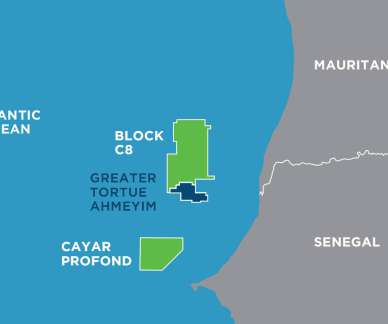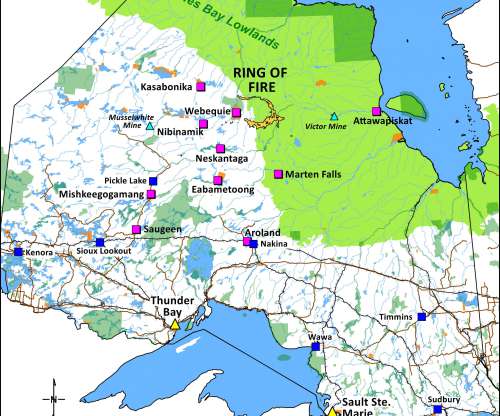FPSO vessel for the bp-operated Greater Tortue Ahmeyim project successfully sets sail for project site
Green Car Congress
JANUARY 24, 2023
The floating production, storage and offloading (FPSO) vessel for the bp-operated Greater Tortue Ahmeyim (GTA) liquefied natural gas (LNG) project has started its journey towards the project site off the coasts of Mauritania and Senegal in West Africa. It is the deepest offshore project in Africa to date. million meters of cable.












Let's personalize your content